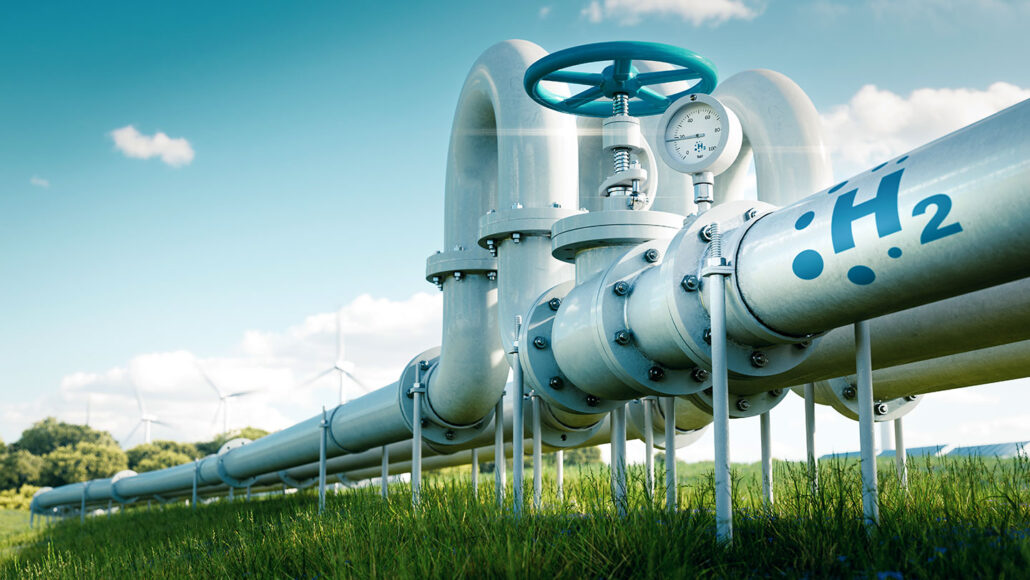Questions for ‘Hydrogen fuel could help our climate — depending on its source’

Above- or below-ground pipelines could carry hydrogen from where it’s produced to where it’s needed, either for energy or for other uses. Although a clean fuel, it’s highly combustible. So transportation safety will always remain an important issue.
Petmal/iStock/Getty Images Plus